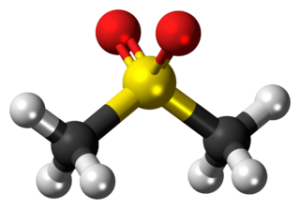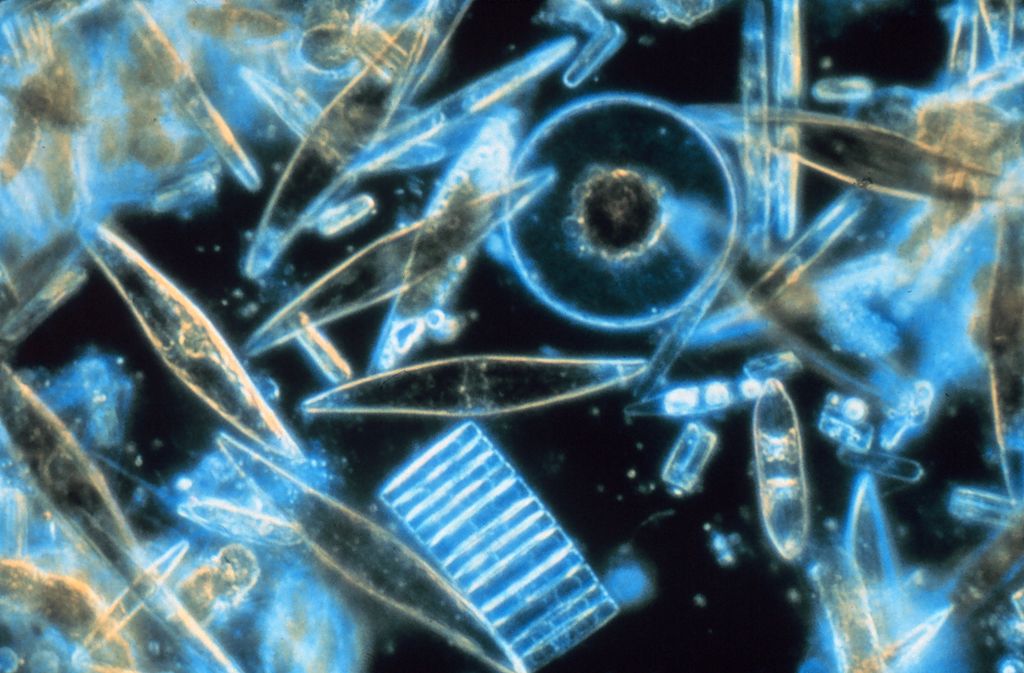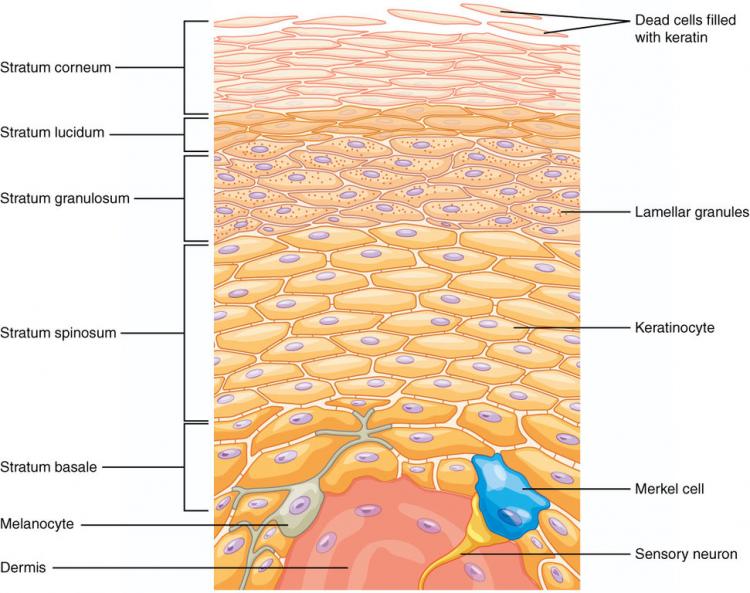Natural sulfur compound MSM may improve the skin’s appearance, but more research is needed.

MSM is a sulfur-containing compound with a wide range of biological effects and uses. MSM has been suggested to improve the skin’s health and appearance by:
- Providing sulfur. This essential nutrient is a major component of keratin, a protein found in the skin.
- Antioxidant activity. Oxidative stress plays a major role in skin aging.
- Anti-inflammatory activity. MSM can reduce the inflammation involved in skin conditions such as rosacea.
Overview
Also known as dimethyl sulfone, methylsulfonylmethane (MSM) is an organic sulfur compound. MSM contains 34% sulfur by weight, and is naturally present in humans and animals, as well as foods such as fruits, vegetables, tea, coffee, and grains.
Experts are not fully sure about the role of MSM in the body, but the most common proposal is that it acts as a source of sulfur. In turn, sulfur’s major function is to help build proteins involved in hair, muscle, and connective tissue health.
MSM supplements are popularly used to improve arthritis, joint pain, reduce inflammation, and improve immune system function. In addition, both oral and topical products containing MSM are claimed to support hair growth, nail health, and skin health & appearance. However, there is a lack of strong clinical evidence to support these claims.
Read more: Skin Supplements Guide

How MSM Might Help With Skin Health
The exact mechanisms behind the potential skin benefits of MSM are not yet fully understood. So far, research suggests several possibilities:
Providing sulfur for keratin
MSM carries a considerable amount (34% by weight) of sulfur. This essential element is part of many important compounds in the human body. Most notably, sulfur is a major component of keratin – the structural protein abundant in the skin and other connective tissue. 1
Antioxidant activity
Another proposed mechanism is MSM helping the body cope with oxidative stress caused by reactive oxygen species (ROS). For example, MSM has been shown to suppress the activity of enzymes and cytokines that increase ROS production. 2 Oxidative stress plays a central role in the aging of skin, both natural and due to sun exposure. 3
Anti-inflammatory activity
MSM has been shown to suppress the NF-κB inflammatory pathway and inhibit the release of inflammatory markers, such as interleukin-6 (IL-6) and tumor necrosis factor-alpha (TNFα).4 In addition to this, it can also suppress the activity of mast cells, which are involved in allergic and inflammatory responses in the skin and other tissues.

MSM Popular Uses & Potential Benefits for the Skin
MSM was first patented as a way to improve skin quality and texture in 1981 by Dr. Robert Herschler. Since then, it has been used by itself and alongside other ingredients in both oral and topical products meant to improve the skin’s health and appearance. Specific reasons people take MSM include fading acne and acne scars, reducing wrinkles, and improving skin hydration.
Despite these popular uses, there is little clinical evidence backing MSM. Although the available findings show benefits such as reduction of rosacea and wrinkles, only a handful of studies have been done to date. As such, it’s far too early to recommend MSM as a skin health ingredient.
Research
Human Research
Available research suggests that MSM can improve the skin’s health and appearance, but there are too few studies to say anything conclusive.
Topical MSM with silymarin may improve symptoms of rosacea
This double-blind, placebo-controlled study looked at the effects of a topical product containing silymarin (a compound from milk thistle) and MSM on rosacea. A total of 46 people were given placebo or the combination product for 1 month. The treatment group experienced significant improvements in skin redness, papules, itching, hydration, and skin color.
- The researchers concluded that “The combination of silymarin and S-MSM can be useful in managing symptoms and condition of rosacea skin.” 5
MSM supplement (3 g) may improve overall skin health and appearance
This randomized, double-blind, placebo-controlled study examined the effects of a branded oral MSM supplement (OptiMSM) on skin health. A total of 20 women were given placebo or MSM (3 g) daily for 16 weeks. Their skin health was then evaluated through expert examination, instrumentation, and self-assessment. The women taking MSM showed significant improvements in wrinkles, crow’s feet, deep lines, skin firmness, tone, and texture. These effects were attributed to MSM enhancing the expression of genes associated with skin health and aging.
- The researchers concluded that “MSM supplementation appears to benefit skin health, primarily the reduction of fine lines and wrinkles.” 6
Chemical peel containing MSM appears to improve elasticity, wrinkles, and reduce pigmentation
This study examined the effects of a 50% pyruvic acid peel that also contains MSM on skin photodamage (sun damage), scarring, and melasma (sun patches). A total of 20 people underwent 4 peeling sessions once every 2 weeks, and had their skin health and appearance compared to baseline. The peel improved melasma, skin elasticity, and wrinkles.
- The researchers concluded that “This innovative formulation of 50% pyruvic acid peel has been shown to be safe and effective to treat photodamage, melasma, and superficial scarring…” 7
Dosage for Skin
- There is too little research to recommend a dosage of MSM for skin health
- Standalone MSM supplements typically provide 250 – 500 mg capsules taken 2 – 3 times daily
Available Forms
- MSM is frequently combined with collagen, chondroitin, and other joint health nutrients.
- MSM is most commonly sold as a dietary supplement (capsules, tablets, powder).
- MSM is also used in single and multi-ingredient topical products such as creams and gels.
- OptiMSM®. A branded form of MSM used in the only study demonstrating multiple significant skin health & appearance benefits.
Supplements in Review Recommendation
- MSM, 500+ mg skin health.
It’s too early to recommend MSM for skin health. Although current research on MSM shows benefits such as improvement of wrinkles, lines, rosacea, and skin elasticity, there simply aren’t enough high-quality studies to recommend its use. However, you can still give it a try.
You can try either topical or oral products. There isn’t enough evidence to say whether oral or topical MSM products are better. As such, you can use either form. If you go with supplements, we recommend daily dosages of at least 500 mg.
Further Reading: Is MSM Good for The Brain?
Leave a Reply